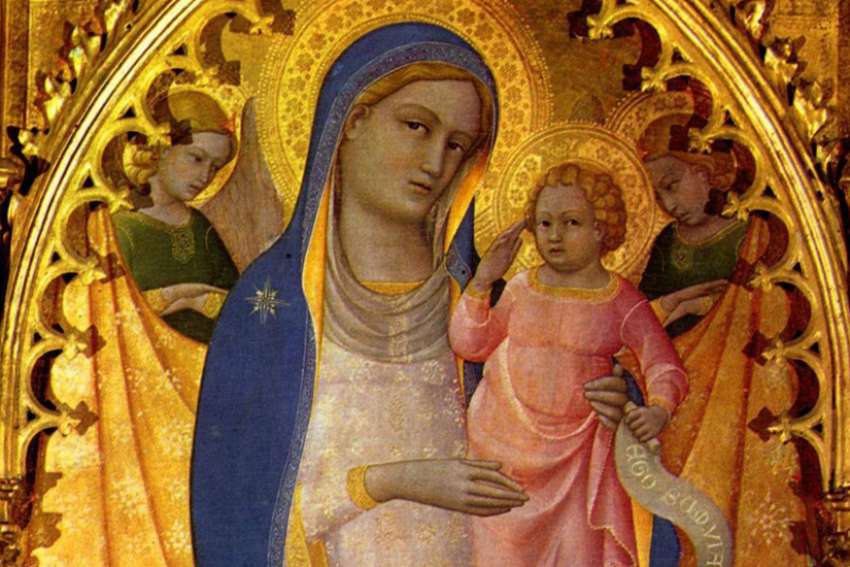A chance to dig deep into the mysteries of motherhood in the Bible is coming to Toronto when Scripture scholar Marcie Lenk will be at Regis College to speak of “Families and Faith: Patterns in Biblical Motherhood” Nov. 13 at Regis College. Lenk is a Jewish biblical scholar who directs the Christian Leadership Programs and New Paths: Christians Engaging in Israel at Jerusalem’s Shalom Hartman Institute.
For Lenk, the stories of women in the Bible are part of the fabric of life in Jerusalem. They also echo in the feminism of the 21st century.
“Feminism is about seeing women as human, as full human beings,” Lenk said over the phone from Jerusalem. “That’s the beginning and that’s the end.”
It was once a cliché that motherhood and apple pie needed no defence because everybody understood that they were good. But nothing in our culture induces a greater paroxysm of anxiety than a young woman pregnant. A Statistics Canada study found that in 2018-19, 23 per cent of new mothers experienced feelings something like post-partum depression or an anxiety disorder.
In the Bible, Mary learns of her pregnancy and immediately breaks into a song of revolution. She envisions a world where God has “brought down the powerful from their thrones and lifted up the lowly. He has filled the hungry with good things and sent the rich away empty.”
And she’s not the first Jewish mother to trumpet revolution. The Magnificat in the first chapter of the Gospel of Luke largely quotes Hannah’s celebration of pregnancy in the First Book of Samuel, where she declares, “The bows of the mighty are broken, but the feeble gird on strength.”
They are both songs of celebration, but as feminist icon Germain Greer wrote in The Female Eunuch, “Revolution is the festival of the oppressed.” To understand biblical feminism, it helps to understand the world in which Mary received news of her miraculous motherhood from an angel.
“The world, the society that the biblical writers and characters lived in, was patriarchal and hierarchical — with men having way more power than women,” Lenk said. “But it is also a society where not only did women not have as many rights as men, but slaves didn’t have the rights of free people, and children didn’t have rights.”
In a world where honour and not money was the key to power, biblical women could not claim any honour of their own. They were, after all, women. But they could participate in the honour of God, the protector of the weak, who opens the womb.
“The idea of a world where every human being, male and female, no matter what background they come from and no matter what the colour of their skin, should be seen as equal is revolutionary,” said Lenk.
Thousands of years before feminists of the 1960s declared that “the personal is political,” the great matriarchs of the Bible claimed the politics of motherhood. Sarah, Rebekah and Rachel — who were each essential to the birth of Israel and the fulfilling of God’s promises — were all declared barren before they gave birth. These were women of power, and their power is in their motherhood.
“While the biblical stories were written in an ancient world very different from our own, we continue to read these stories and we continue to be influenced by them,” said Lenk. “We need to feel empowered, to consider what is actually in the texts and the many possible ways they have been and can be interpreted.”
While in Toronto, Lenk will also speak on “Synagoga and Ecclesia in Our Time: The Challenges and Hopes of Christian-Jewish Dialogue” at the Mary Ward Centre Nov. 14. She will be back at the Mary Ward Centre Nov. 16 for “Wise Women in Three Texts and Traditions: The Role of Women in Jewish, Muslim and Christian Texts and Traditions.”


